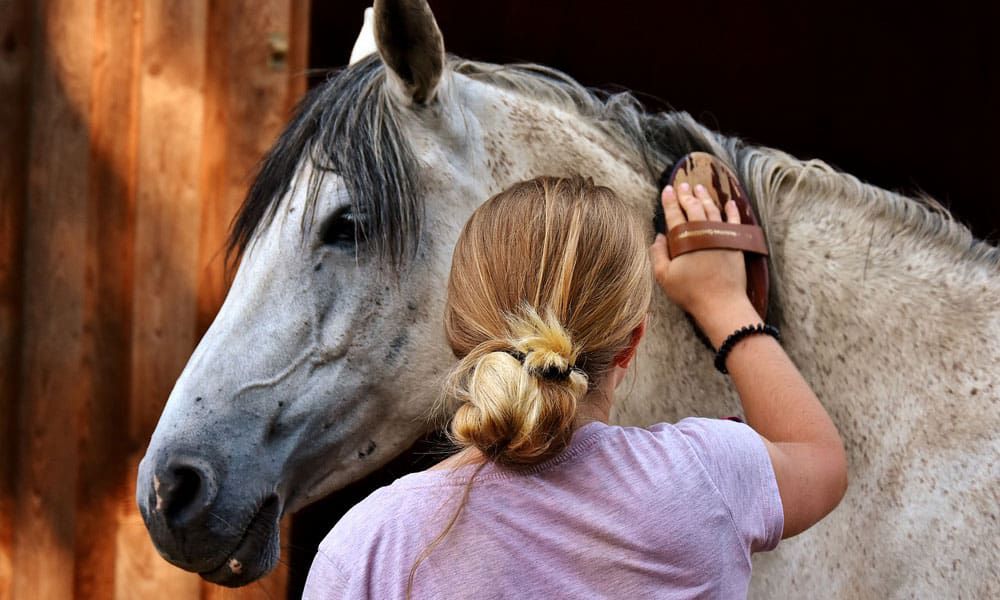Owning a horse is a significant commitment that goes beyond the joy of riding and the bond you create with your equine friend. Whether you’re an experienced equestrian or a new horse owner, you’ll find that effective care includes a variety of elements such as nutrition, exercise, veterinary care, grooming, and mental well-being. This extended guide is designed to provide you with a holistic view of horse health and care, ensuring your horse lives a happy, fulfilling life.
The Importance of Proper Horse Care
Owning a horse is not just a privilege; it’s a responsibility. The welfare of your horse depends on your commitment to its health. Neglect or improper care can lead to severe issues like digestive problems, skin diseases, and emotional stress. Ensuring your horse’s well-being not only gives you peace of mind but also allows your horse to live a longer, healthier life.
The Pillars of Horse Health and Care
Nutrition: The Cornerstone
A balanced diet is essential for your horse’s overall health.
- Forage: Fresh hay or pasture should constitute the majority of their diet.
- Concentrates: These include grains like oats and corn, but overfeeding can cause digestive issues.
- Supplements: Essential fatty acids, vitamins, and minerals can balance deficiencies.
- Fresh Water: Your horse needs clean, fresh water available at all times.
Expert Tip
Different life stages and workloads may require customized feeding plans. Consult your veterinarian for guidance.
Physical Exercise: Beyond the Basics
Exercise is crucial for the physical and emotional well-being of your horse. The type of exercise depends on the horse’s primary function—be it leisure riding, racing, or farming.
- Warm-Up: Always start with a warm-up to prevent injuries.
- Stamina Building: Long-distance trotting can help build endurance.
- Strength Training: This could include uphill climbs and short bursts of galloping.
Veterinary Care: A Stitch in Time
Regular veterinary visits are non-negotiable. These should cover:
- Vaccinations: Essential for diseases like Equine Influenza and Tetanus.
- Deworming: Critical for the prevention of gastrointestinal parasites.
- Dental Care: To prevent oral health problems that can affect digestion.
- Hoof Care: Trimming and shoeing by a professional farrier.
- Blood Tests: To monitor general health indicators.
Grooming: More than Cosmetic
Regular grooming is essential, not just to keep your horse looking good but also to check for signs of health problems like ticks, cuts, or infections.
- Daily Brushing: To remove dust, dirt, and loose hair.
- Hoof Cleaning: To check for stones, cuts, or infections.
- Bathing: Use horse-specific shampoos and conditioners.
Emotional and Mental Well-being: The X Factor
Horses need social interaction for mental health. Whether it’s companionship from other horses or quality time spent with you, such interaction is essential.
- Training: Keeps your horse mentally stimulated.
- Play Time: Allows your horse to unwind and relieve stress.
- Safe Environment: A comfortable stall and open pasture make a world of difference.
Conclusion
Proper health and care for your horse are non-negotiable aspects of responsible ownership. Through balanced nutrition, regular exercise, consistent vet check-ups, proper grooming, and mental stimulation, you can enjoy the rewarding experience of seeing your horse flourish. The key is to remain committed and vigilant, so your horse stays as healthy and happy as possible throughout its life.
